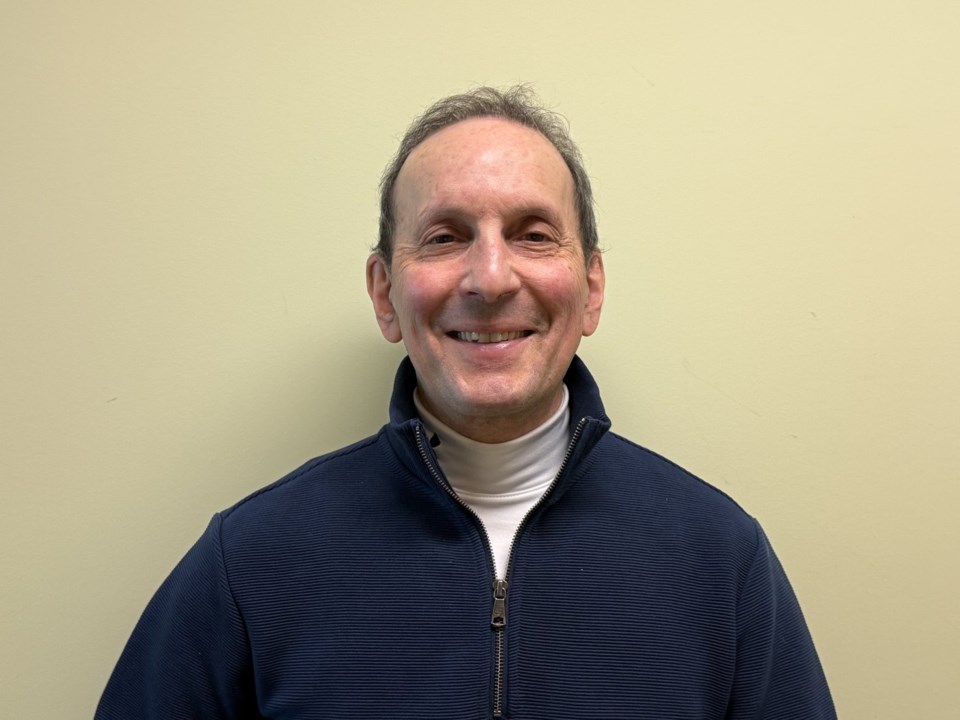A cancer diagnosis is life-changing, but for many survivors, the battle doesn’t end after treatment. Those who undergo surgeries, radiation, or chemotherapy—especially for head and neck cancers—often face speech and swallowing difficulties. These challenges can be overwhelming, impacting not only communication but also self-esteem and social interactions.
Talking clearly or swallowing food can suddenly become difficult. “Cancer treatment can change a person’s voice or make eating hard. It affects not just the body, but also emotions and confidence,” says Bhavna Singh, Speech Language Therapist at Kokilaben Dhirubhai Ambani Hospital, Mumbai.

How Cancer Affects Speech and SwallowingTreatments like surgery, radiation, or chemotherapy can damage muscles and nerves involved in speaking and swallowing. For example, some patients may undergo a laryngectomy (removal of the voice box), which completely changes how they speak. Others may experience stiffness in throat muscles due to radiation or nerve damage from chemotherapy.
“Radiation can make the muscles stiff, and chemotherapy may cause nerve problems, both of which affect speech and swallowing,” explains Singh. As a result, survivors may end up with a hoarse, weak, or missing voice. Some struggle to eat or drink safely.
These changes can affect daily life—ordering food, chatting with loved ones, or even saying your name can become frustrating. “Losing your voice or struggling to eat can feel isolating. Many patients start avoiding social situations or feel embarrassed,” she adds.
The Role of Speech-Language TherapySpeech-Language Therapists (SLTs) help survivors rebuild their ability to speak and swallow, improving not just physical health but emotional well-being too. “Each patient is different. Our job is to create a personalized plan to help them talk and eat better—and feel confident again,” Singh says.
Here’s how SLTs support cancer survivors: Assessment: First, therapists check the extent of speech or swallowing issues. Voice Therapy: They use special techniques to improve pitch, loudness, and clarity. Alternative Speech Methods: For those without vocal cords, SLTs teach new ways to speak—like using a device (electrolarynx), or learning oesophageal speech.
Swallowing Therapy: Exercises and strategies help patients eat and drink safely without choking. Communication Tools: Some patients learn to use technology or hand gestures when speaking is difficult. Emotional Support: SLTs also help survivors deal with the stress of communication problems.
“Even small improvements—like being able to greet someone or enjoy a meal—can feel like a big win,” says Singh. The journey after cancer is not just about survival; it is about living life fully. A speech-language therapist helps survivors regain control over their communication, helping them to speak with confidence and dignity.
By working with SLTs, cancer survivors do not just relearn how to speak; they rediscover their ability to connect with others. Get Latest News Live on Times Now along with Breaking News and Top Headlines from Health and around the world..
Health

Struggling To Speak After Cancer? Here's How Speech Therapy Can Help You Get It Back

Cancer survivors, especially those treated for head and neck cancers, often face speech and swallowing difficulties. Speech-language therapy plays a major role in helping them regain communication skills and confidence. We got in touch with an expert who explains how tailored therapy helps survivors to reclaim their voice and quality of life.














